
Qantas: cancels flights due to ‘let it rip’ omicron policy
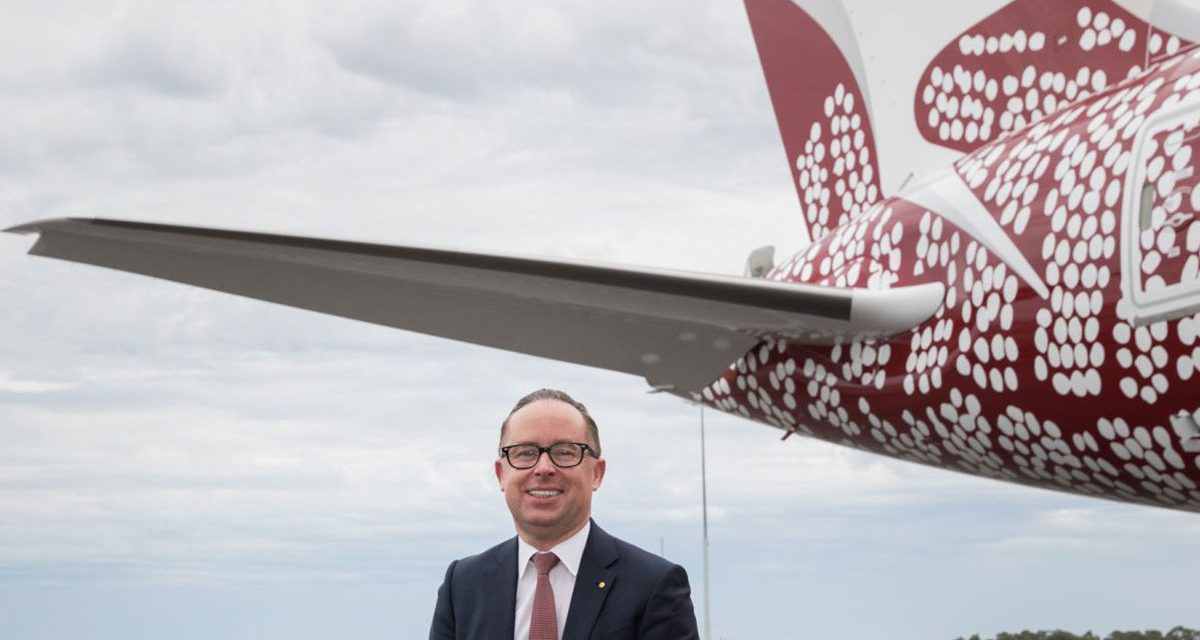
The federal and New South Wales government’s ‘let it rip’ policy on the spread of COVID-19 and the Omicron variant has now caused a second airline to cut its scheduled international and domestic flights by almost a third for the March quarter.
“The sudden uptick in COVID cases is having an obvious impact on consumer behaviour across various sectors, including travel, but we know it’s temporary.”
Alan Joyce, Qantas Group CEO
Content of this Post:
Omicron is freaking people out.
The vastly increased spread of the virus in Australia since most governments adopted a ‘let it rip’ policy has affected the airline industry in two ways. It has affected the health of airline workers, affecting about 25% of staff who have caught the virus, or who need to self-isolate as a close contact. Secondly, the increased risks of catching the omicron variant have made the public run away from airline travel, either because they too have caught the variant or are a close contact, or fear they may catch the virus during air travel or at their destination.
Qantas last night made an announcement to the ASX, warning that it would cut domestic capacity from over 100% of pre-COVID levels, to more like 70% through until April 2022. This follows Virgin Australia’s similar announcement earlier in the week.
Unfortunately, Alan Joyce is promoting the myth that Omicron is a milder variant of COVID-19, which is untrue. The reduction in rates of hospitalisation is due largely due to high levels of vaccination, not the marginal difference in the Omicron strain.
“Thankfully, Australia has one of the world’s highest vaccination rates and the Omicron variant is milder than its predecessors. So, as challenging as this current phase is, we’re optimistic that it is likely to fast track a return to normal.”
Alan Joyce, Qantas Group CEO
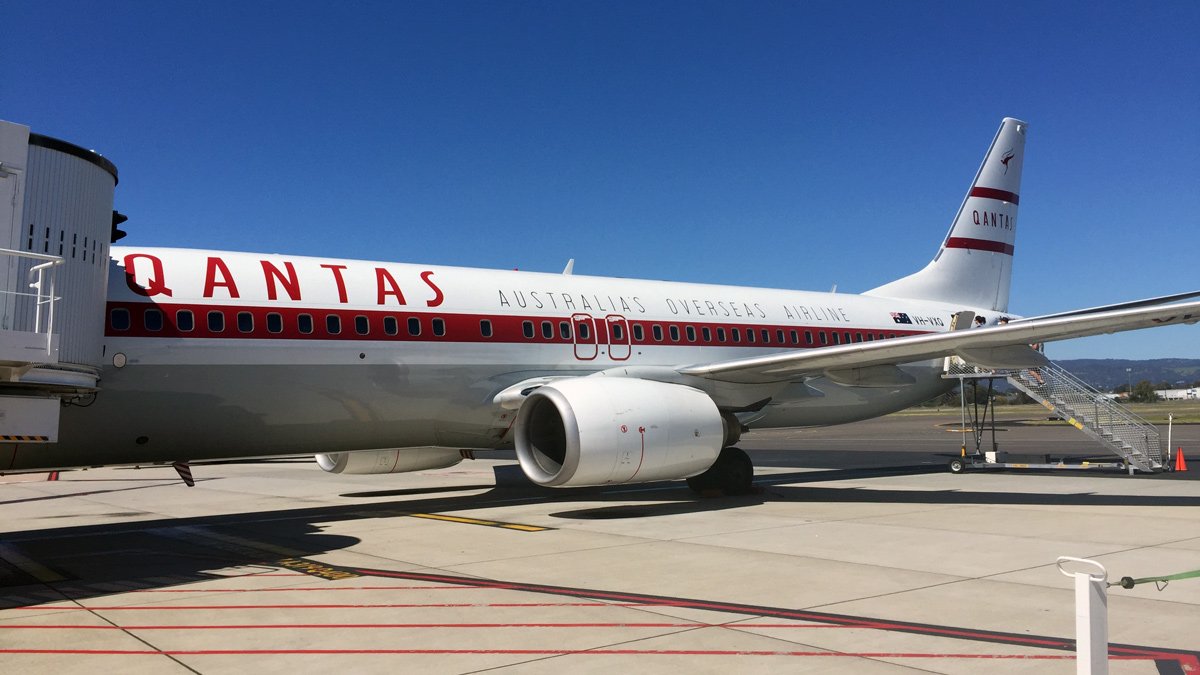
International flying also shrinks
Qantas will reduce its international schedule by about 30%, from 30% of pre-COVID levels to 20%, partly because of travel restrictions in destinations like Indonesia, Japan and Thailand. These restrictions particularly affect Qantas Group’s budget Jetstar division.
What should customers affected do?
According to Qantas, you should do the following:
- Customers will be contacted by Qantas or their Travel Agent starting in late January if they are affected by a flight cancellation
- Wait to hear from Qantas or their Travel Agent before taking action, including cancelling flights
- Passengers on canceled flights, are rebooked on the next available flight to their destination (if possible), at no extra cost
- Alternatively, a flight credit or a refund can be requested and won’t attrace change or cancellation fees
- Make sure your contact details are up to date on your Qantas booking
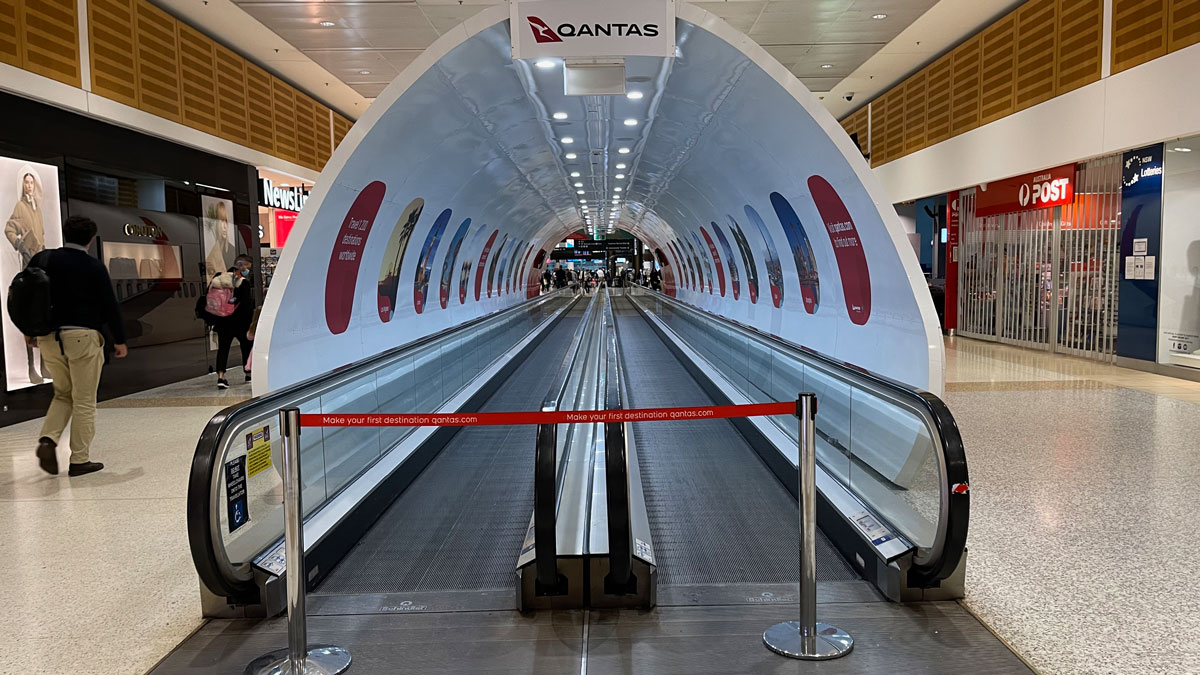
2PAXfly Takeout
This is another timely reminder to wear your seatbelt when seated. Holding you close to your seat will protect you from the sort of injuries sustained on this flight, when unsecured passengers flew to the ceiling of the aircraft, and then came crashing down once the ‘drop’ ceased.
The hope will be that this is an anomaly – a ‘freak accident’ in casual parlance. If it is a systemic error either mechanical or electronic, then this is a larger concern for the airlines that fly Boeing Dreamliner 787 aircraft. Let’s hope it isn’t. If it is, it will pile on the woes to Boeing’s existing stack.
Don’t get me started on the complete lack of vision, planning, preparation, policy, scientific decision making, and common sense displayed by our federal, and most of our state governments (WA being the exception).
The ‘personal responsibility’ neo-liberal trope is responsible for this latest outbreak. The result is that people are taking personal responsibility by trying not to get infected by staying home, not spending, and cancelling their travel arrangements. And that, bet your bottom dollar, will have a greater adverse effect on the economy, more than a partial well-regulated lockdown!
My sympathies go to those who have got COVID, the health workers and others who are stressed and overworked and most especially to the families and friends who have lost loved ones to the virus.

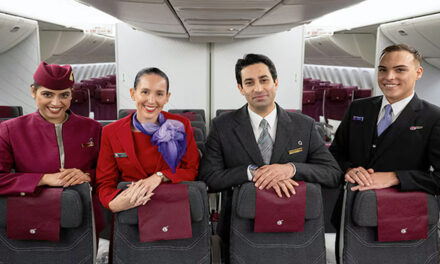


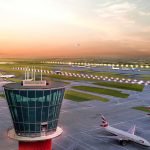
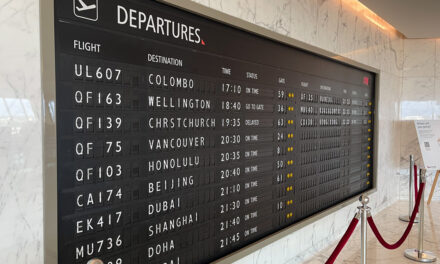


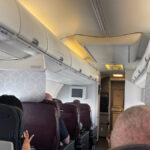




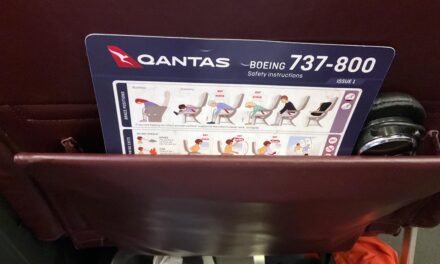
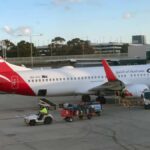

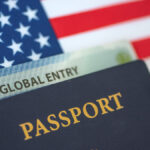
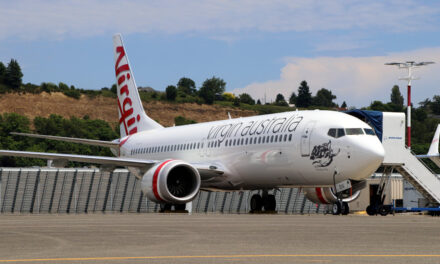
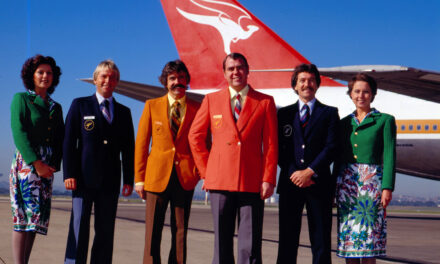
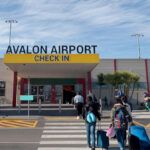



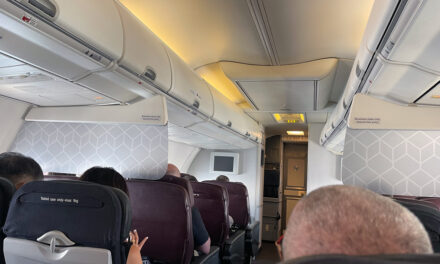






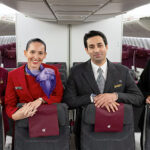
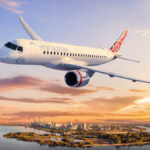
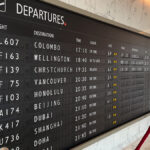

What did you say?